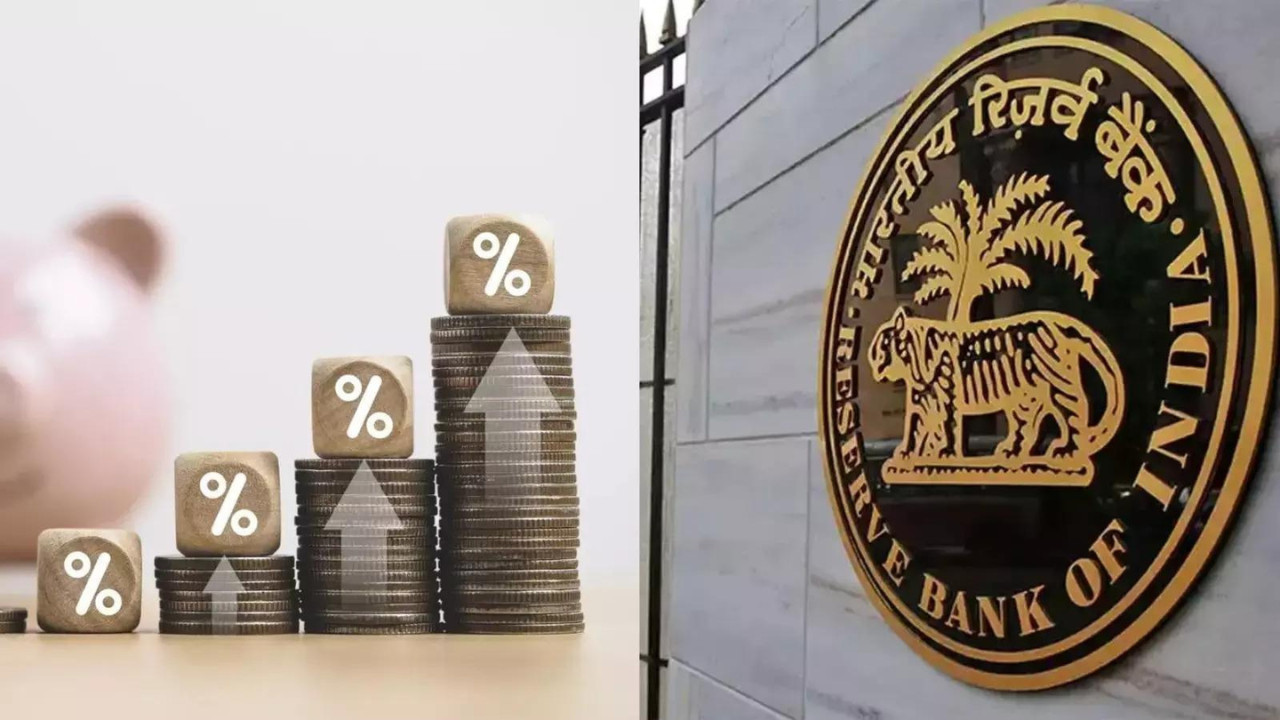The Reserve Bank of India (RBI) will pay a record Rs 2.69 lakh crore dividend to the government for fiscal year 2025, a 27.4% increase from last year. This decision, made at the RBI’s Central Board meeting chaired by Governor Sanjay Malhotra, follows a review of the global and domestic economic outlook.
Holy Cow! RBI Just Dropped a Record Dividend – What Does it Mean for You?
So, the news is buzzing: the Reserve Bank of India (RBI), our nation’s central bank and the keeper of our economic sanity, is handing over a whopping ₹2.69 lakh crore (that’s ₹2,690,000,000,000!) to the government for the financial year 2025. That’s a monumental figure, a 27.4% leap from what they gave last year. Forget pocket change; this is serious money hitting the government’s coffers.
But what does this actually mean for the average Indian? Is this just a dry, dusty financial announcement or does it trickle down and affect our daily lives? Let’s dive in.
Think of the RBI as the national bank manager. It oversees the banking system, controls inflation, and generally keeps the economy on track. It makes money through various avenues, primarily from managing government bonds, dealing in foreign exchange, and lending to banks. After covering its own operational costs and setting aside reserves for a rainy day (economic storms do happen, you know!), it hands over the surplus profits to the government as a dividend.
This year’s record payout is a testament to a few things. Firstly, it hints at a robust economic performance by the RBI. It suggests that the central bank has managed its assets effectively and generated a substantial profit. We can likely attribute it to skillful management of foreign exchange reserves amidst global volatility and potentially to the booming government bond market.
Secondly, and perhaps more importantly, it gives the government a significant financial boost. Imagine winning the lottery – that’s kind of what this feels like for the Finance Ministry, albeit a responsibly earned lottery! The government can now use this extra cash for various initiatives.
This is where things get interesting, and where it potentially impacts you directly. What could they do with all that extra money? Here are a few possibilities:
* Infrastructure Boost: Perhaps the most obvious and potentially impactful use is to invest in infrastructure projects – building roads, bridges, railways, and ports. This not only creates jobs in the short term but also improves connectivity and efficiency in the long run, benefiting businesses and commuters alike. Think fewer traffic jams and faster supply chains.
* Social Programs: The government could choose to bolster social welfare programs, offering increased support for healthcare, education, and poverty alleviation schemes. This could translate to better access to essential services for vulnerable populations.
* Fiscal Prudence (Maybe?): On the more responsible end of the spectrum, the government could use the windfall to reduce its fiscal deficit (the gap between what it spends and what it earns). This would improve the country’s credit rating and make it cheaper to borrow money in the future. Though, let’s be honest, governments rarely resist the temptation to spend.
* Tax Cuts (Highly Unlikely): While the idea of tax cuts always sounds appealing, it’s probably the least likely outcome. While politically attractive, a large-scale tax cut at this point could destabilize the economy and potentially fuel inflation.
So, what’s the catch? There’s always a catch, right?
While this windfall is undoubtedly positive, there are a few things to keep in mind. Firstly, relying heavily on RBI dividends to balance the budget isn’t a sustainable strategy. The RBI’s profitability can fluctuate depending on market conditions, and the government can’t always count on such large payouts. It’s crucial that the government focuses on generating revenue through sustainable means, like tax collection and economic growth.
Secondly, how the government chooses to spend this money is crucial. If it’s squandered on inefficient projects or populist schemes with little long-term benefit, it will be a missed opportunity. Transparency and accountability in spending are paramount to ensure that the money is used effectively for the benefit of the country.
Ultimately, the RBI’s record dividend transfer is a significant event with the potential to impact the Indian economy in a multitude of ways. Whether it translates into tangible benefits for the average citizen depends largely on the government’s wisdom and fiscal responsibility. It’s a situation worth watching closely. Keep an eye on how this money is allocated and whether it genuinely contributes to a stronger, more equitable, and more prosperous India. The ball is now in the government’s court – let’s hope they make a winning shot.
📬 Stay informed — follow us for more insightful updates!







